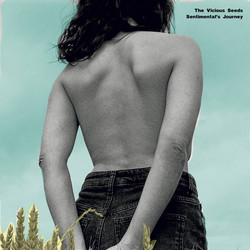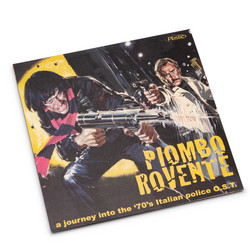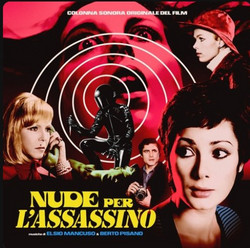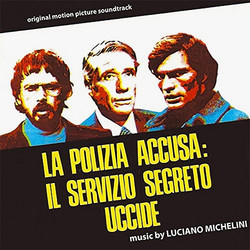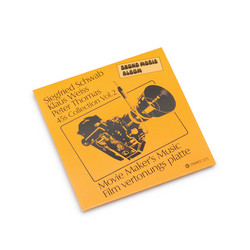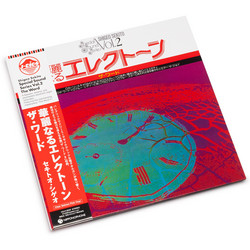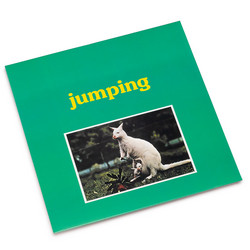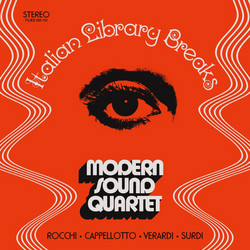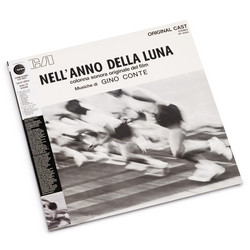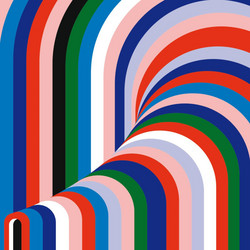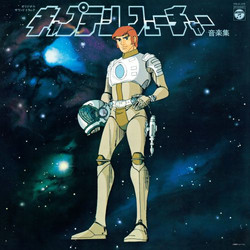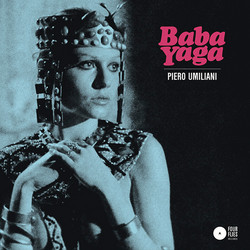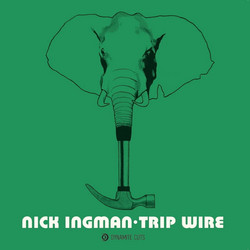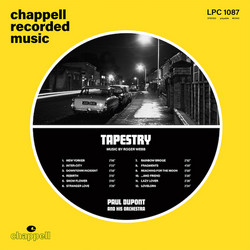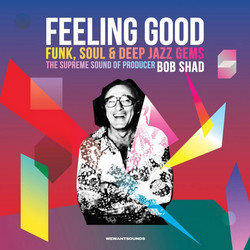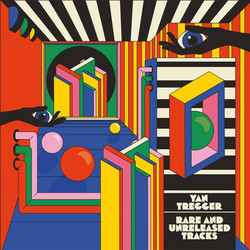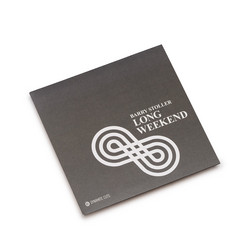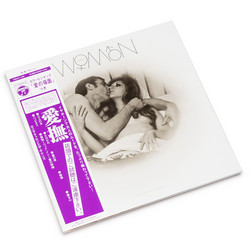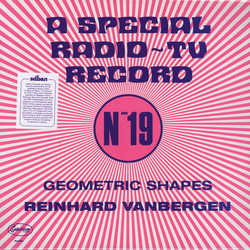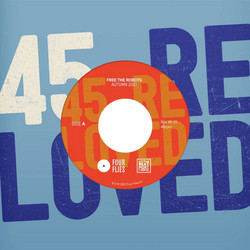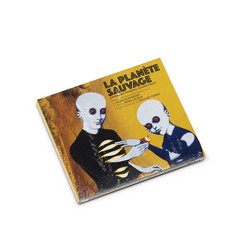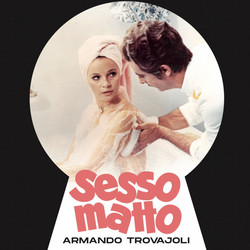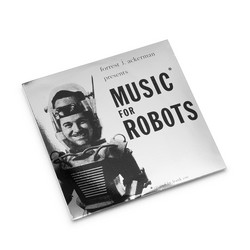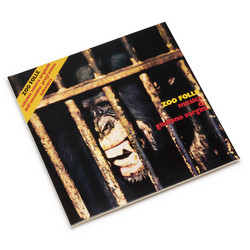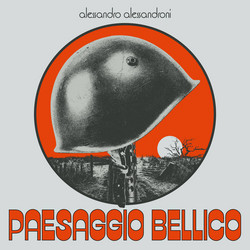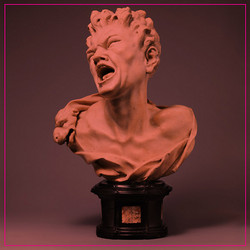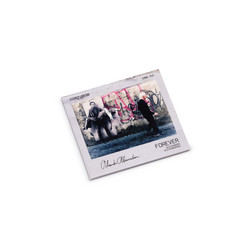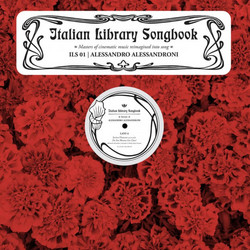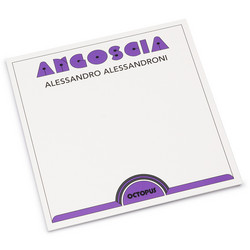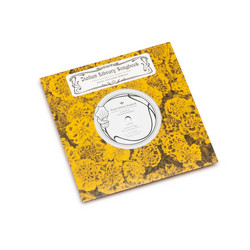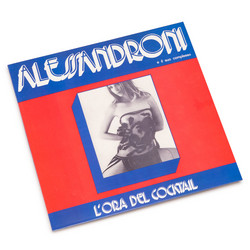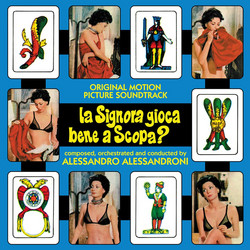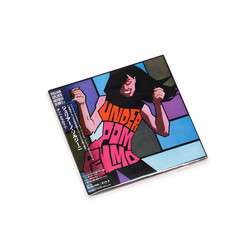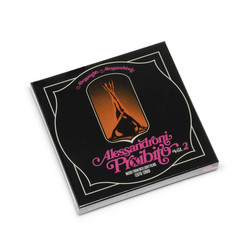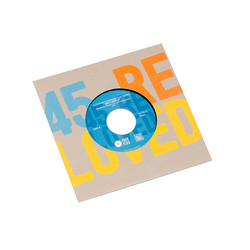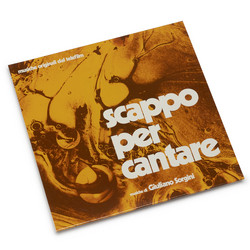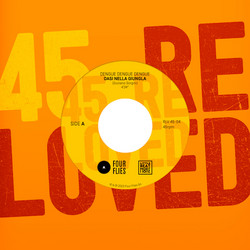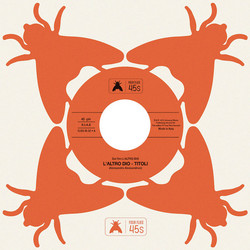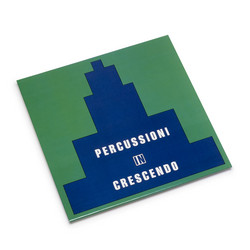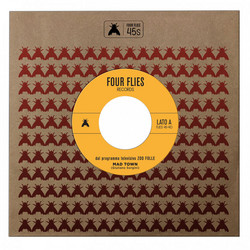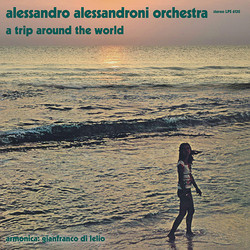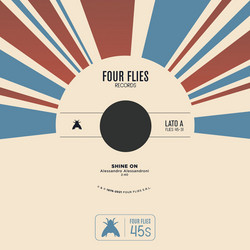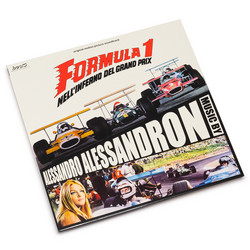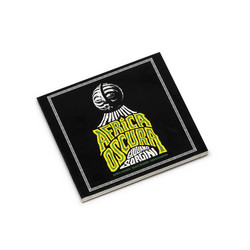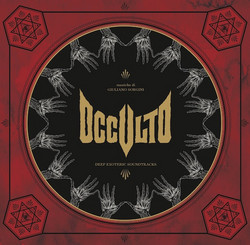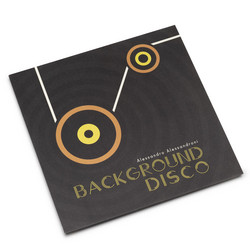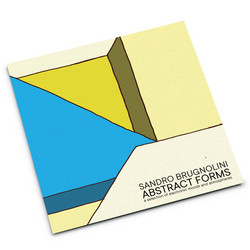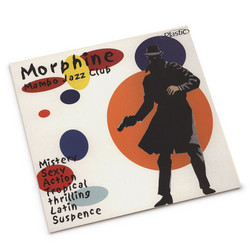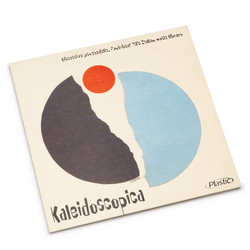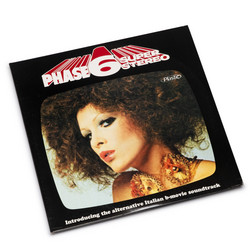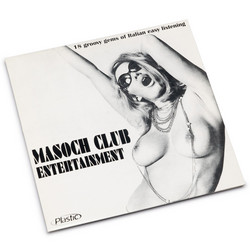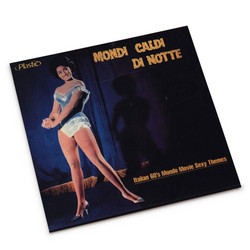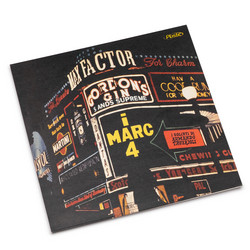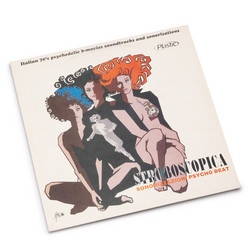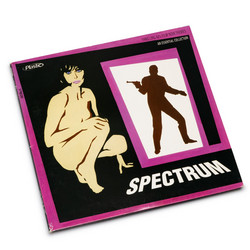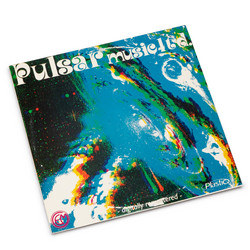Alessandro Alessandroni, Giuliano Sorgini, Sandro Brugnolini
Stroboscopica Vol. 3
Lucky Restock - Limited Quantities Please note: these are original copies that may show minor sleeve wear due to long-term storage. The vinyl is in excellent condition. The Hammond organ holds a chord. The drummer waits. And then - a groove so immediate, so perfectly constructed, that it feels like it has always existed, just waiting to be discovered. This is the paradox of Italian library music: composed for anonymity, destined for something greater.
Twenty tracks from the shadow zone of Italian sonorizzazione - not quite soundtrack, not quite library, not quite anything you've heard before.
Stroboscopica Vol. 3 completes the trilogy that defined Plastic Records' mission: excavating the secret history of Italian sonorizzazione from imprints so obscure - Gemelli, CEM, Panda - that even dedicated collectors had written them off as ghosts. What emerges is a document of an extraordinary moment when conservatory-trained musicians were handed session budgets and told to create "atmosphere" - and responded by inventing entirely new forms.
Alessandro Alessandroni (1925-2017) needs little introduction to anyone who's heard a spaghetti western. His whistle haunts Ennio Morricone's Dollars Trilogy; his twangy guitar riff defines The Good, the Bad and the Ugly. But Alessandroni was far more than Morricone's secret weapon. As founder of the vocal group I Cantori Moderni di Alessandroni, he shaped the entire sonic palette of 1960s and 70s Italian cinema, while his solo library work - scattered across dozens of small-press releases - reveals a composer of extraordinary range. Here, tracks like "Domenica In Riviera," "A Little Sad," and "Malcontento Popolare" showcase his gift for melody that hovers between nostalgia and melancholy, sunshine and shadow.
Giuliano Sorgini (1942-2021), who often worked under the alias Raskovich, represents the darker, more experimental wing of the Italian library scene. Best known for his electro-acoustic score to The Living Dead at the Manchester Morgue and the cult favorite Zoo Folle, Sorgini brought avant-garde sensibilities to commercial work. His contributions here - "Time Turf," "Zed," "Clessidra" - pulse with an unsettling energy, the sound of a composer who understood that "background music" could be as strange as the foreground allowed.
Puccio Roelens (1919-1985) came from jazz. Born Amleto Armando Roelens in Genoa, he was among the first Italian bandleaders to embrace American jazz in the postwar years, at a time when the genre was still considered vulgar imported noise. By the 1970s, he had become one of the most in-demand library composers, his work characterized by irresistible grooves and sophisticated arrangements. "Smooth & Manly," "The Taste Of Repeat," and "A Silness Song" demonstrate why his records now command astronomical prices among collectors - this is Italian funk at its most refined.
Sandro Brugnolini contributes "Supermarket" and "Giuggi" - tracks that capture the era's fascination with consumerism and pop art, their surfaces gleaming with ironic detachment. Rino De Filippi offers "Calcolator Elettronico" and "Rotaie," electronic experiments that feel decades ahead of their time. And scattered throughout are contributions from figures like V. Nadalin, L. Sordini, Mingross, Mirot/Lash, and Francesco Tamponi - names that appear on library credits and nowhere else, phantoms of the Italian studio system.
What unites these twenty tracks is their refusal to be merely functional. Yes, this music was created to accompany images - television programs, industrial films, documentaries that have long since been forgotten. But the composers approached each assignment as if it were their only chance to be heard. The result is music that has outlived its original purpose entirely, that sounds as fresh and strange and beautiful now as it must have when it first emerged from those Roman studios.
